Power
The accumulation of, the acceptance of, and the use of power are all explored in this section. The individual reigns of some monarchs are looked at such as those from the Tudor period, but so are other leaders, despotic and revolutionary. Contemporary issues of the use of power in a democracy are explored are more complex ideas around power through individual actions and movements in history.
Sort by:
Date (Newest first) | Title A-Z
Show:
All |
Articles |
Podcasts |
Multipage Articles
-
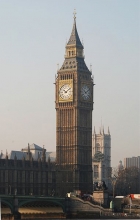
The Origins of Parliament
ArticleClick to view -
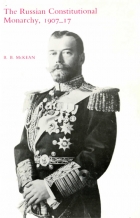
The Russian Constitutional Monarchy, 1907-17
ArticleClick to view -
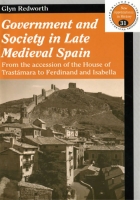
Government and Society in Late Medieval Spain
ArticleClick to view -
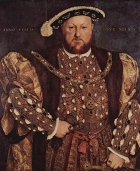
Faction in Tudor England
ArticleClick to view -
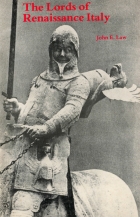
The Lords of Renaissance Italy
ArticleClick to view -
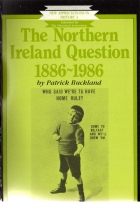
The Northern Ireland Question 1886-1986
ArticleClick to view -
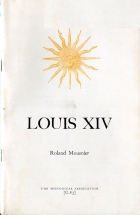
Louis XIV
ArticleClick to view -
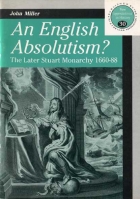
An English Absolutism?
ArticleClick to view -
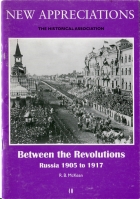
Between the Revolutions: Russia 1905 to 1917
ArticleClick to view -
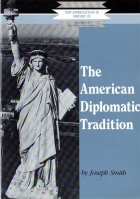
The American Diplomatic Tradition
ArticleClick to view -
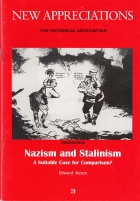
Nazism and Stalinism
ArticleClick to view -
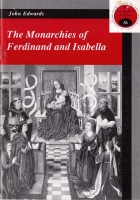
The Monarchies of Ferdinand and Isabella
ArticleClick to view -

Personality & Power: The individual's role in the history of twentieth-century Europe
ArticleClick to view -

Czech Uranium and Stalin's Bomb
ArticleClick to view -

Stalin, Propaganda, and Soviet Society during the Great Terror
ArticleClick to view -
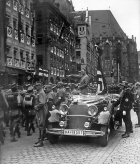
The 'Era of the Dictators' Reconsidered
ArticleClick to view

